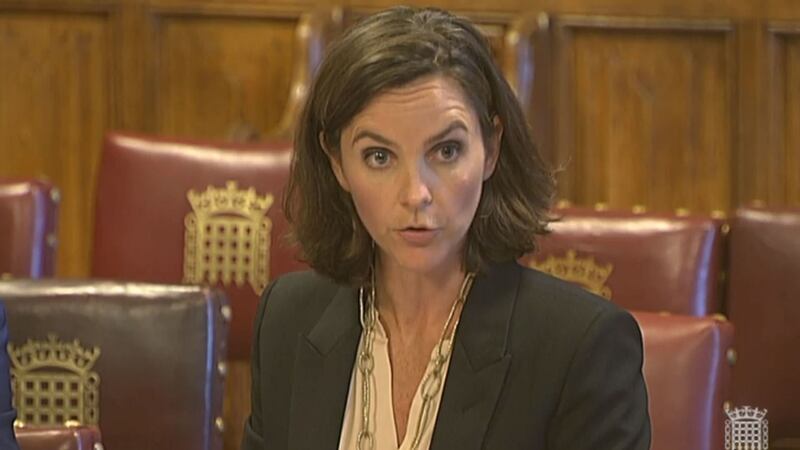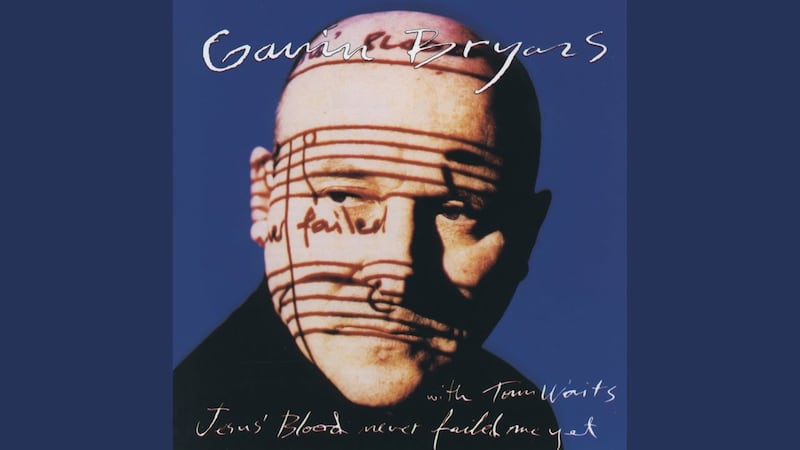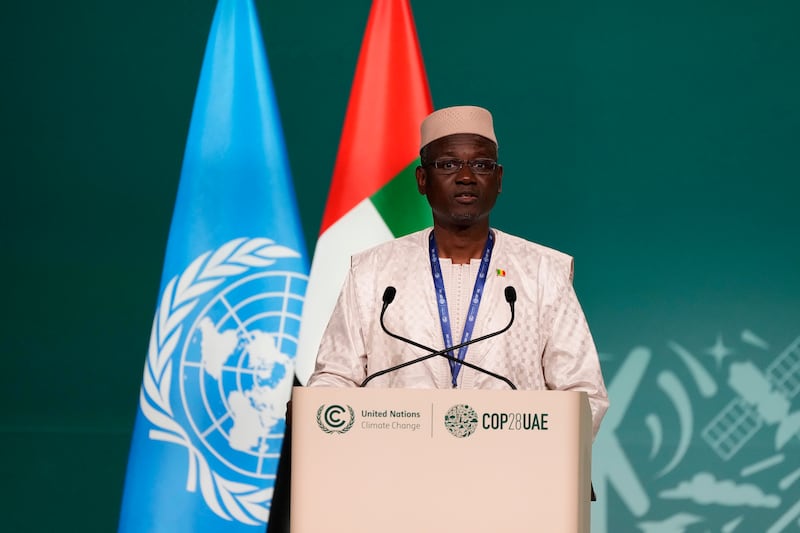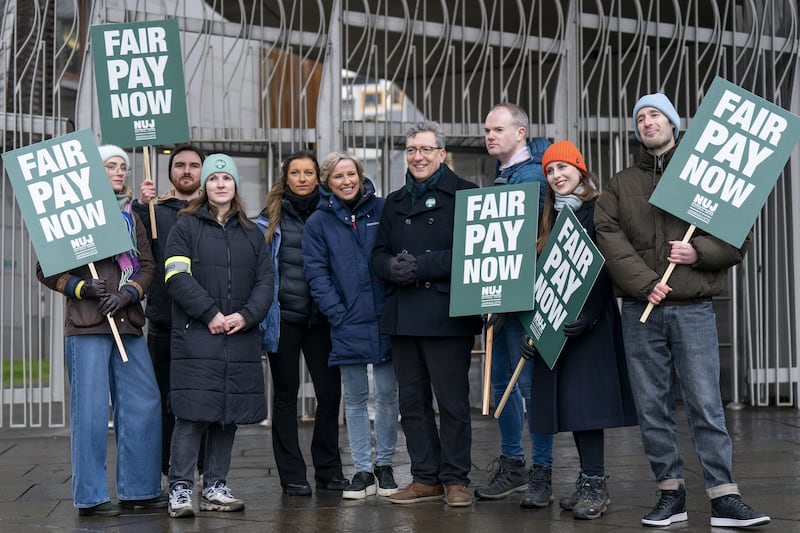Channel 4 has said it is “disappointed” at the Government’s decision to proceed with plans to privatise the broadcaster without “formally recognising the significant public interest concerns which have been raised”.
The Government, which currently owns the channel, has been consulting on whether to privatise the broadcaster following concerns for its survival in the streaming era.
A statement by the Department for Digital, Culture, Media & Sport said it had made the decision to allow the channel to “thrive in the face of a rapidly-changing media landscape” while a Government source said the move would “remove Channel 4’s straitjacket”.
Here is @Channel4's statement on Government plans for privatisation.https://t.co/w8taqJhwoE
— Channel 4 Press (@C4Press) April 4, 2022
A statement by Channel 4 said: “With over 60,000 submissions to the Government’s public consultation, it is disappointing that today’s announcement has been made without formally recognising the significant public interest concerns which have been raised.
“Channel 4 has engaged in good faith with the Government throughout the consultation process, demonstrating how it can continue to commission much-loved programmes from the independent sector across the UK that represent and celebrate every aspect of British life as well as increase its contribution to society, while maintaining ownership by the public.”
The channel explained that it presented the Government with an alternative to privatisation that would “safeguard its future financial stability” and allow it to do more for the public, creative industries and the economy.
The channel’s chief executive Alex Mahon also said in an internal email to staff on Monday that they had proposed a “vision for the next 40 years” which was rooted in “continued public ownership” and “built upon the huge amount of public value this model has delivered to date and the opportunity to deliver so much more in the future”.
However, she added that ultimately the ownership of the channel was for the “Government to propose and Parliament to decide” and that her priority now was to “look after all of you and the wonderful Channel 4 spirit”.
The broadcaster said that it will continue to engage with the Government during the legislative process and plans to do everything it can to “ensure that Channel 4 continues to play its unique part in Britain’s creative ecology and national life”.
No price tag has been set by the Government yet, but reports suggest the channel could be sold for as much as £1 billion in a process that could take several months, with the proposals needing to pass through both the House of Commons and Lords.
Channel 4 was founded in 1982 to deliver to under-served audiences and currently receives its funding from advertising.
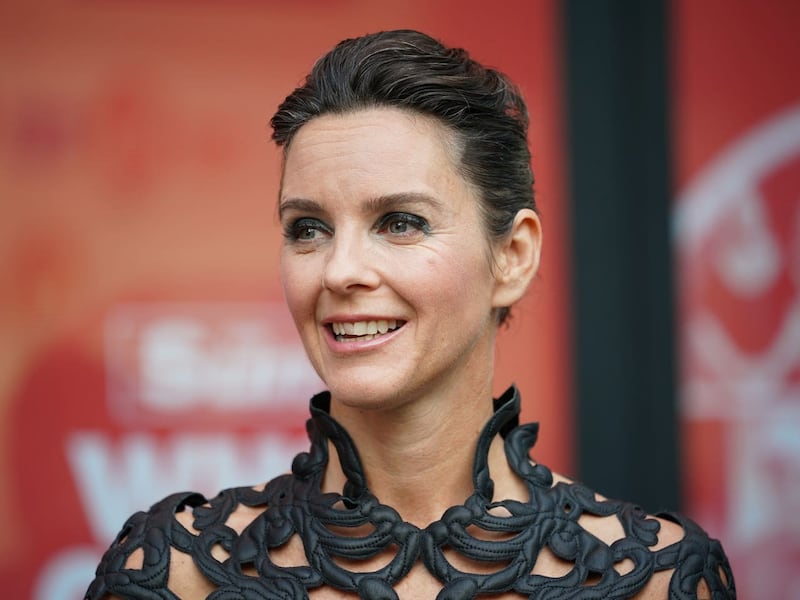
In a statement, a DCMS spokesperson said: “Following an extensive consultation on the future ownership of Channel 4, the Culture Secretary has come to a decision and is now consulting with Cabinet colleagues.
“We want Channel 4 to flourish and thrive in the face of a rapidly-changing media landscape. It holds a cherished place in our broadcasting landscape and we want that to remain the case.
“We set out our preferred option for a change of ownership to give the corporation new freedoms to innovate and grow while continuing to make an important economic, social and cultural contribution to the UK. We will announce further details shortly.”
Channel 4 rightly holds a cherished place in British life and I want that to remain the case. I have come to the conclusion that government ownership is holding Channel 4 back from competing against streaming giants like Netflix and Amazon. 1/3
— Nadine Dorries (@NadineDorries) April 4, 2022
Culture Secretary Nadine Dorries added in a tweet that she wanted the broadcaster to remain a “cherished place in British life”, but felt that government ownership was “holding Channel 4 back from competing against streaming giants like Netflix and Amazon”.
She added: “I will seek to reinvest the proceeds of the sale into levelling up the creative sector, putting money into independent production and creative skills in priority parts of the country – delivering a creative dividend for all.”
Other ministers have not been as supportive of the announcement, with Tory MP Sir Peter Bottomley saying he opposes the privatisation as he feels it is “bad for the diversity of television, bad for viewers and bad for independent producers”.
While Labour’s shadow culture secretary Lucy Powell described the move as “cultural vandalism”.
She said: “Selling off Channel 4, which doesn’t cost the tax-payer a penny anyway, to what is likely to be a foreign company, is cultural vandalism. It will cost jobs and opportunities in the North and Yorkshire, and hit the wider British creative economy.
“This shows that the Conservatives have run out of ideas and run out of road. Of all the issues the public wants action on, the governance of Channel 4 isn’t one.
“The government should have a laser like focus on the cost of living crisis, and help people with their bills, not be fiddling around like this for ideological reasons.”
My full comment on the breaking news that Channel 4 is to be sold off 👇👇 pic.twitter.com/O3QxXmIuvj
— Lucy Powell MP (@LucyMPowell) April 4, 2022
John McVay, chief executive of the trade body Pact – which represents UK independent production companies, added that he felt privatising the channel was “unnecessary” and risked damaging the UK’s TV and film production industry.
He explained: “Unlike other broadcasters, it makes none of its programmes in-house – but a private owner could shift production away from independent producers to cut costs, with a knock-on impact on the wider industry.
“Selling it off now risks reducing the opportunities for independent producers, and reducing the amount of programming commissioned outside London – levelling down, not levelling up. It isn’t too late for the Government to think again.”
Philippa Childs, the head of the broadcasting, entertainment, communications and theatre union, described the action as a “short-sighted sale of an incredible UK asset”.
She added: “This cynical move prioritises the interests of shareholders ahead of public service and ignores myriad responses to the Government’s consultation, and vehement opposition from the industry.
“The Government is yet to present any evidence that a change in ownership would benefit both Channel 4 or the public.
“Bectu condemns this short sighted and destructive move that deals a major blow to the UK’s creative sector, the creative economy and jobs of UK freelancers. With the creative industries amongst the hardest hit by the pandemic, and continuing to face a chronic skills shortage, there is no worse time to introduce such uncertainty, particularly for independent producers.”
